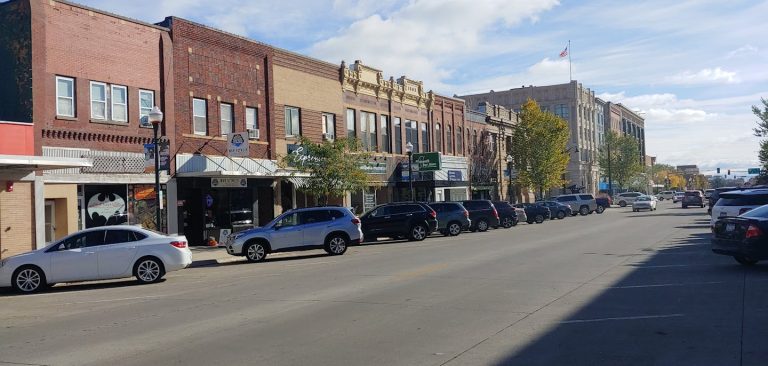A local shuttle service hopes to help ease Freeborn County’s health concerns by providing free rides to local hospitals.
SMART Transit, which operates in Austin, Albert Lea and Owatonna, will expand its medical transportation service for Freeborn County residents next year thanks to a $10,000 grant. The shuttle company will offer free rides to Mayo Clinic hospitals in Albert Lea and Austin for residents ages 55 and older, solving a problem for residents who have seen medical services in the area decline over time. years.
“We’re really excited,” said Chris Thompson, director of operations at SMART Transit. “I can’t even explain how wonderful news this is.”
The Mayo Clinic Health System in Albert Lea announced service reductions in 2017, urging people to travel to Austin, about 20 minutes to the east, for most hospital visits. Area residents organized for Iowa-based MercyOne to open a primary care clinic in 2022, but pandemic-related complications and financial issues led to the clinic closure early 2024.
A group of Albert Lea residents contacted SMART Transit officials earlier this year, asking for more medical shuttle service and expanded routes to hospitals. SMART has offered a free program for Mower County seniors for years thanks to grants from the Mayo Clinic, but there was no funding to duplicate the program.
Mayo officials worked with SMART staff to secure grants through the Naeve Health Care Foundation, a local group named after the former hospital that has served Albert Lea residents since 1911. The foundation provides money for local health issues, including funding for the Mayo program; he has donated more than $4 million for community health care.
Freeborn County is not alone in struggling to access health care. For decades, Greater Minnesota’s hospitals largely partnered with larger systems or closed as the state’s population shifted to metropolitan areas. Some small hospitals have tried regroup to save money, while others find niches in the region to provide better services.
Yet a growing population of seniors means an ever-increasing need to get them to doctor’s appointments, and rural communities are struggling to meet the demand for transportation. Minnesota’s senior population (65 and older) increased from about 680,000 in 2010 to nearly 950,000 in 2020, according to the U.S. Census Bureau. Not everyone has their own means of transportation.


